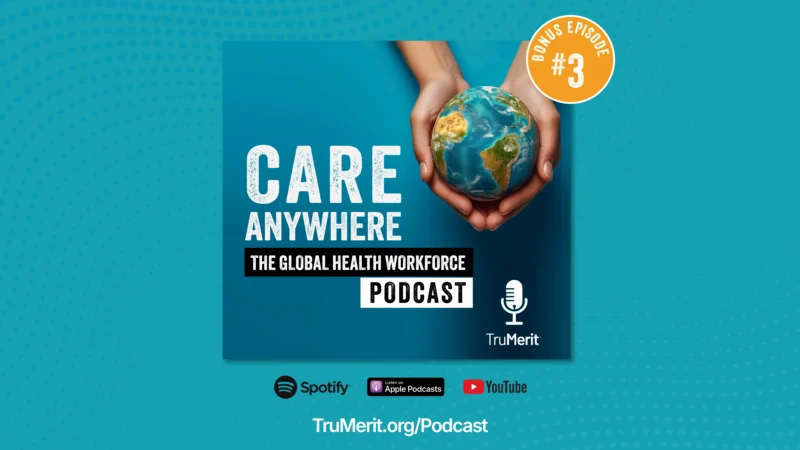85% of Clinical Drug Trials Face Delays. What’s the True Cost?
Clinical trials can save lives and provide new ways to treat disease. The industry estimates that 85% of all clinical trials face delays due to patient enrollment. Understanding that challenge and finding ways to minimize it is the pursuit of Jeeva Informatics. The company’s founder and CEO, Dr. Harsha Rajasimha, joined Kevin Stevenson on I Don’t Care to discuss the issue.
Dr. Rajasimha has a long history of clinical research experience, working as a data scientist and software engineer. After several personal tragedies, he wanted to apply his knowledge to helping clinical research trials overcome logistical burdens to bring new treatments to market faster.
“The biggest barrier in clinical trials is delays in the timeline associated with patient recruitment. Traditionally, those enrollees must be within 50 miles of the lab,” Dr. Rajasimha explained. That narrows down access considerably. “Only 1.2% of cancer patients in the U.S. are in a clinical trial.”
The other challenge is the logistics. Patients must travel to sites for treatment or simply just exchanges with physicians. “It’s a travel burden for patients and their caregivers,” Dr. Rajasimha noted.
To change the clinical trial ecosystem, Dr. Rajasimha said that the paradigm of the four walls of the lab must evolve. “Clinical trials have been slow to adopt digital channels, but the pandemic forced this.”
By digitizing and automating repetitive manual tasks, the burden of participation shrinks for the patient. “The pandemic showed that there is a demand for flexibility in decentralizing clinical trials. With the right tools, this is possible,” Dr. Rajasimha explained.
By leveraging technology, clinical trial producers can maximize diversity, equity, and inclusion. With more communication and interaction, patients in trials are also more likely to adhere to medication instructions and be more trusting of the process









